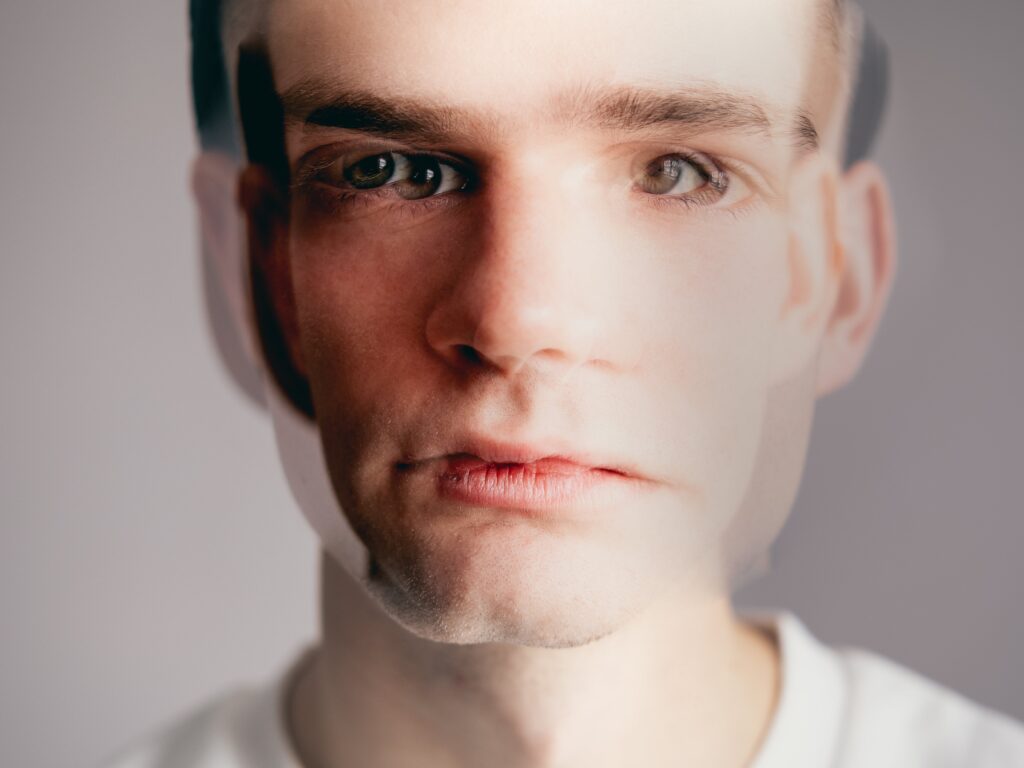Atlanta Mental Health Services
Dissociative Disorder Treatment Centers in Atlanta, Georgia
When someone has a dissociative disorder, they need professional, intensive treatment centers to help them learn to manage their mental health. New View Wellness in Atlanta provides dissociative disorder treatment that helps individuals and their families understand exactly what these mental health disorders are all about. We provide evidence-based therapies on an outpatient basis that teach people to recognize the symptoms of their dissociative disorder and learn how they can best improve them.
What Are Dissociative Disorders?
Dissociative disorders are mental health disorders that revolve around compromising a person’s ability to be fully present in their lives. The symptoms can cause memory loss, and emotional numbness, and even create separate personalities that emerge at different times. Sometimes a traumatic event in a person’s past, such as abuse or an event related to military service, may trigger the development of a dissociative disorder.
Someone with this challenging mental illness will require dissociative disorder treatment in order to make progress. Proper care can help reduce symptoms and allow a person to heal from any trauma in the past. With the right type of intensive treatment, some people overcome their disassociative disorders. For other, a cure is not possible, but treatment allows them to minimize their symptoms and create effective coping skills.
As many as 75% of people may experience at least one depersonalization/derealization episode at some point in their lives. However, only 2% of the population are considered as having met the criteria for a dissociative disorder.

The Different Types of Dissociative Disorders
There are three types of dissociative disorders. Someone attending disassociative disorder treatment will be assessed in order to determine the type that they have.
The first is called Disassociative Identity Disorder (DID) and used to be known as multiple personality disorder. Someone with DID develops additional personalities apart from their own. Each personality is distinct from the others, including their personality traits, names, voices, and ways they communicate. Some may have different ages or genders than the individual with DID. Some alternate personalities are aware of the others, while some are not. A person may switch from one personality being dominant and communicating to another one taking over before returning to their original personality.
The second type is called Depersonalization/Derealization Disorder and causes the person to feel detached from themselves, those around them, and the world in general. They may feel as if they are viewing themselves from outside of their own bodies and question if what is occurring is real. The symptoms may occur for just a few seconds or last much longer.
The third type of dissociative disorder is called Dissociative Amnesia. It causes people to lose their personal memories, often leaving them with no idea of who they are. The cause cannot be tied to a specific medical event but may be triggered by experiencing something traumatic. The episodes can last anywhere from a few minutes to several years.
Signs and Symptoms of Disassociative Disorders
Someone suffering from a disassociative disorder will show signs, which vary depending on the type of disorder they have. Common signs and symptoms include:
- Memory loss
- An incomplete or missing sense of identity
- Having two or more defined personalities
- Feeling detached from one’s self and the world around the person
- Symptoms of other mental health disorders, such as depression or anxiety
- A distorted perception of reality
- Feeling numb
- Suicidal feelings or behaviors
- Difficulty coping with stressful emotions and situations
- Relationships, career, or schooling are impacted by symptoms
- Amnesia about specific events or for long periods of time
Disassociative disorders can frighten and confuse people who have them. This proves particularly true when the individual does not know they have a diagnosable mental illness. As a result, many people turn to using drugs or alcohol in order to self-medicate. Although getting high or drunk may cause temporary relief, it does not cure the disease. In addition, many people end up developing a substance use disorder, which only complicates their original mental health disorder.
What are Dissociative Disorders Treatment Centers Like?
Disassociative disorder treatment focuses on two specific areas. The first is individual therapy. Both dialectical behavioral therapy (DBT) and cognitive-behavioral therapy (CBT) help the individual process what’s happening to them. From there, they can learn to recognize some of their symptoms and develop healthy coping skills for dealing with them. Long-term treatment can help people reclaim their memories and eliminate some or all of their secondary personalities.
The other main part of treatment involves the use of medication. There isn’t one specific medication used to treat dissociative disorders, but the use of ones like anti-depressants can help control symptoms.
Other Services We Provide in Atlanta
New View Wellness is a premier mental health treatment program in the Atlanta area. Our renown team of individuals understands that mental health isn’t a one-size-fits-all approach. In order to treat mental health effectively, we use a combination of the following in our dual diagnosis treatment in Georgia:
Contact Our Dissociative Disorder Treatment Centers in Atlanta, GA
When someone has a dissociative disorder, it can be scary and confusing. Not every treatment program is prepared to help people who experience this particular mental health disorder. New View Wellness in Atlanta created a dissociative disorder treatment program that addresses every aspect of the person’s condition. Our compassionate staff of highly-trained clinicians helps the person understand their condition and what role they can play in controlling it. As well, we involve the individual’s loved ones in learning how to help provide support.
For more information about our outpatient programs, please contact us today and learn about our admissions process. We are happy to discuss your mental healthcare needs and answer any questions you have.
Get Help Now
